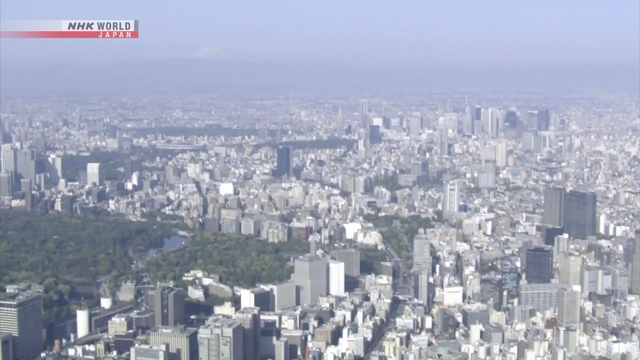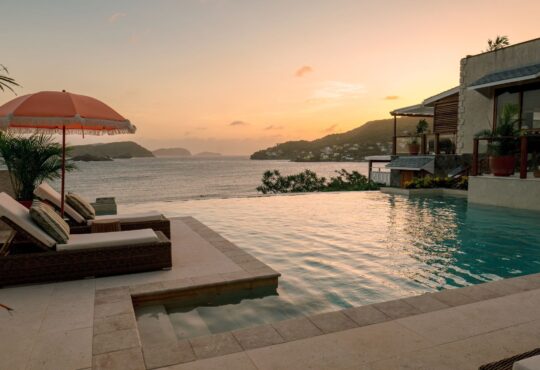
An NHK survey has found that more than 60 percent of newly-built condominium units in Tokyo’s Chiyoda Ward have owners who do not actually live there.
NHK analyzed the ownership records for all the units in a condominium under the survey that was put on sale this year.
The survey comes amid surging condo prices in central Tokyo. Some observers cite short-term condo reselling for speculative purposes as a factor behind the rising prices.
Results show that 63 percent of the condo units in Chiyoda, at the heart of Tokyo, have an owner whose registered address does not match the address of the property itself.
Twenty percent of those units are believed to be owned by individuals or corporations based overseas, judging from the registered addresses and interviews with the owners. Some owners were found to be based in China, Taiwan, and the United States.
The owners of the remaining 80 percent have their registered address in the greater Tokyo area, Osaka, Aichi and elsewhere in Japan.
NHK interviewed nine owners who do not live in the condo. Only one of them said he or she plans to live in the condo sometime in the future.
The other eight said they purchased their units because of their potential asset value, and four of them said they own multiple condo units in central Tokyo.
One owner said he bought a unit as a second home as he felt the location and the upscale ambience were attractive.
He said he is currently renting out the unit and earning rental income. He added its value has clearly gone up since he bought it, and he is glad he made the purchase.
Another owner said she bought a unit to own it for a long period and earn rental income.
But she says she has now started considering selling the unit as the value has risen by about 100 million yen, or over 6.5 million dollars, since purchase.
None of them expressed an intention to resell their units in a short period. In fact, only 9 percent of the condo units were found to have been resold, based on property registration records and real estate listing sites.
A real estate research firm says the average price of newly-built condominiums in Chiyoda Ward has more than doubled over the past decade, and rents are up by 30 percent.
The Chiyoda ward government took an unusual step in July to ask a real estate industry group to prevent short-term condo reselling. This is part of measures to curb the excessive rise in condo prices.
Specifically, the local government asked the group to prohibit the reselling of condominium units for five years after handover, regarding properties built as public-interest projects.
It also called for a ban on purchasing multiple properties under the same name.
Professor Nozawa Chie of Meiji University says the survey indicates condo units are being bought as a place to own, rather than a place to live, amid growing optimism about the ongoing rise in property values in central Tokyo.
She says more people are buying homes for non-residential purposes, such as investment or asset holding, and this may be a factor pushing up condo prices.






